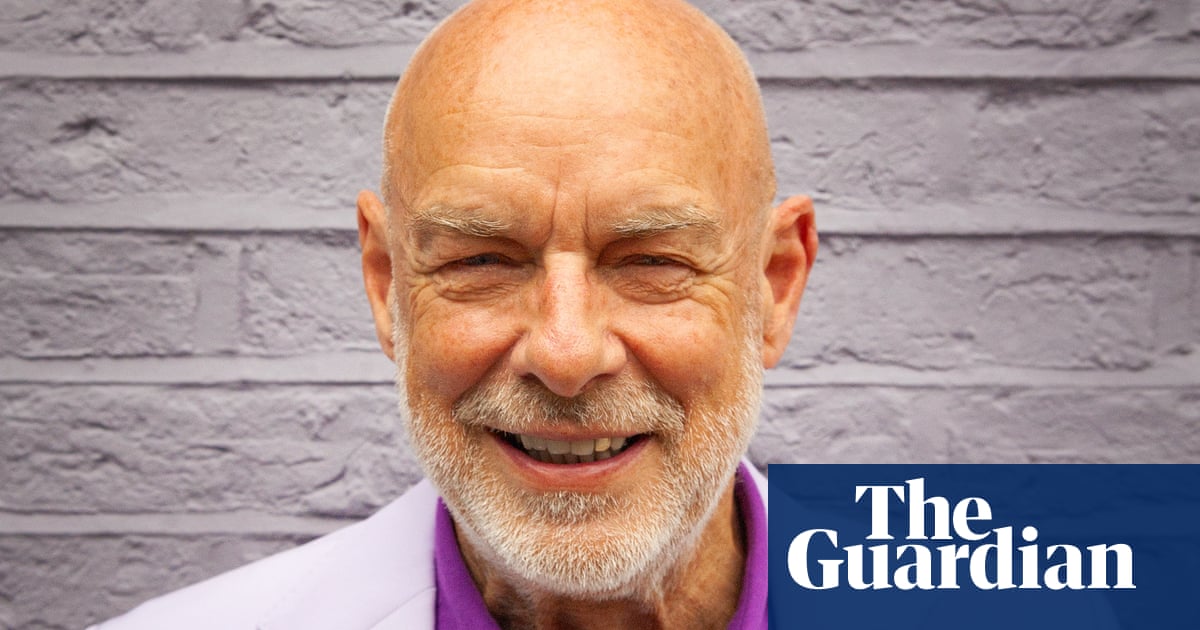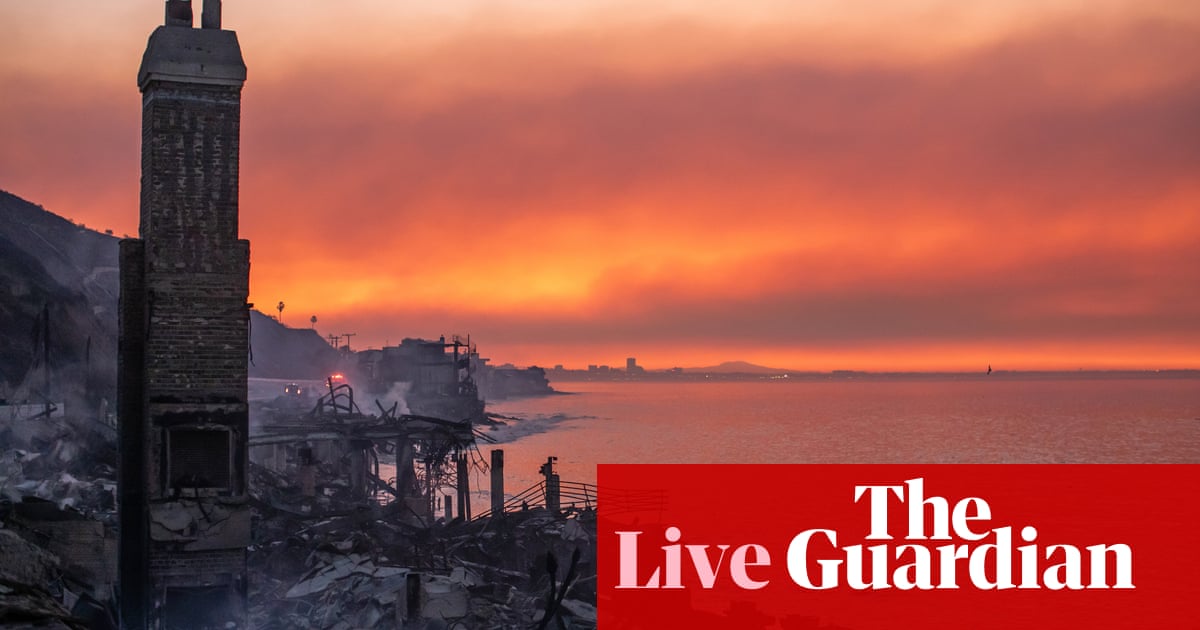Experts seem to agree the US economy has been on the upswing in 2024. A wave of new jobs, robust consumer spending, lower interest rates, falling inflation, impressive levels of business investment and record Wall Street highs has made the US economy “the envy of the world”.
But many Americans appear to feel very little of that.
Jim White, 62, an aquaculture specialist from North Carolina, said he has “given up [on] going out”.
“I’ll never own a home. A new car is unthinkable,” he said. “The economy is slowly making the rich richer. Everyone else is sinking.”
White is among dozens of people from all over the US who shared with the Guardian how they feel about the economy.
While some expressed general optimism about stabilizing levels of inflation and reported doing well economically, scores said inflation continued to be financially crippling, with their incomes not even remotely keeping up with soaring costs for housing, food, childcare, insurance, healthcare, fuel, subscriptions and entertainment.
Few seemed impressed by months of positive headlines about slowing inflation: “It’s not as if prices have come down, they’ve just stopped rising as obscenely as before,” as one woman in her 70s from Arizona, who still works part-time, put it. “Am I supposed to be happy about that?”
“It’s more manageable, but prices are still too high for our wages compared to pre-pandemic,” said a 36-year-old woman from Salt Lake City who works as a research associate.
Even those who felt the economy was doing very well complained of the exorbitantly high cost of living.
The economy, 40-year-old Roxanne Oesch from Missouri said, felt “remarkably strong”.
“Good jobs are available, interest rates are down and will come down further, and inflation has flattened out. It seems like there is a lot of good news.”
But simultaneously, she added, “most people still cannot enjoy the same level of financial security they had pre-pandemic”.
Alongside various young people who expressed dismay about their economic outlook were dozens of pensioners and people surviving on social security, for whom the new lower interest rates are bad news. “Interest on savings is dropping, [which is] challenging for retirees on fixed incomes,” said retired 71-year-old Paul Ames from Bellport, New York.
“The US is doing a lot better than other developed economies. Gas is still way cheaper than Europe,” said Toni, a retired woman from North Florida, who was among various respondents who felt very positive about the economy because they held stock market investments that had been making healthy gains in recent months.
“Things are good. The stock market has done well this year. Inflation isn’t having much impact.”
“It’s great,” said 69-year-old Timothy Crowley, from Honolulu. “Investment income rising. This is the best economy on earth.”
Respondents from places including New York City, Miami and Milwaukee pointed to rising levels of homelessness in their communities and felt that the US economic trickle-down model was broken.
Views on who was responsible for America’s economic shortcomings were split: while some blamed the Biden administration for triggering soaring levels of inflation and rising asset prices through unprecedented interventions to keep the economy afloat during the pandemic, others blamed the previous Trump administration and the larger structural economic system propped up by Wall Street and the Republicans.
Alex, a married father of two in his mid-30s from rural North Carolina, said he retrained as a welder during the pandemic, thanks to financial government assistance, but he quickly felt exploited in his new line of work.
“I welded in two factories, each making millions in profits every year, and never made it off of government assistance, including food stamps and Medicaid. I’m back in school now and succumbing to the student loan vampires, to try and make it work,” he said.
Alex said he has turned his back on Republicans, partly because of his economic concerns.
Recent eye-wateringly high levels of inflation “were 25-percent caused by circa 15 years of quantitative easing, and 75-percent [caused] by corporate greed. I have completely abandoned the Republican party because they just refuse to rein in these economic monsters”.
White, the aquaculture specialist from North Carolina, also said that he became a swing voter because of the economy.
He will “vote a straight blue ticket until they turn their backs on Trump and the religious authoritarians”, White said. “I’m retiring this year and believe Trump’s tax breaks for the rich have already endangered my social security. He’s also a threat to my healthcare.”
Among the respondents who expressed high levels of hopelessness were various college-educated people with established professional careers, such as architects, lawyers, engineers and medics, who said they were worried about financial insecurity, had recently been priced out of their longstanding communities or had been unable to save for retirement.
“It’s horrific,” said 34-year-old Julia, a marketing professional from Washington. “It shouldn’t cost this much for basic necessities. I can’t do anything but work and go to the gym now,” she said, a remark that was echoed by many. “No social life, no plans, no savings.”
“‘The US economy’ is not a meaningful or useful concept for most Americans,” said Karena Youtz, 54, a bookkeeper from Idaho. “Inflation is horrible. Around 40% of people in Idaho were fully employed and still unable to afford the cost of living here in 2019. I have no idea what that figure is now, but it’s probably much higher.”
Melissa, retired, from northern California, who is disabled, reported struggling to get by on her social security payments.
“Everything is too expensive, my rent keeps rising faster than my social security benefits and food prices are too high. Medical services in my rural area are far too few and far too substandard,” Melissa said.
“The economy is doing fine and dandy. It’s the citizens of this country that are suffering.”

.png) 2 months ago
14
2 months ago
14













































